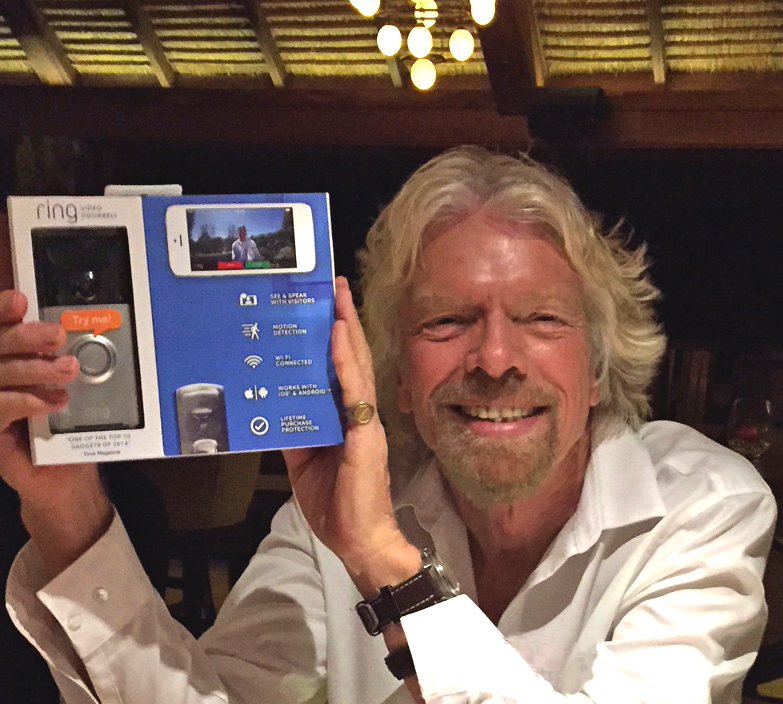We kick off this week’s show with an overview of the stories coming out of the Defcon security conference held this week in Las Vegas. Keeping security in mind, we talk about Amazon Web Services’ new cloud IoT security product, and Google’s lack of transparency around location data tracking. From there we move to Wi-Fi stories, covering the new Arris Wi-Fi Easy Mesh router and Samsung’s new SmartThings gear that uses Plume’s software for better Wi-Fi. In a section on digital assistants we get Kevin’s options on the new Samsung Galaxy Home speaker and talk about Microsoft’s Cortana collaborating with Amazon Alexa. On a related note, Kevin completes his review of the Lenovo Smart Display and I talk about my test of the Joule sous vide cooker. To wrap it up we answer a listener question about installing a connected wall switch to control his ceiling fan.

Our guest this week is Alison Clift-Jennings, CEO of Filament who came on the show to discuss what blockchain can do for the internet of things. One big area we discussed was micropayments. Another was how Clift-Jennings realized that to create the business she envisioned, she was going to have to build some hardware. We also spent a lot of time thinking about building decentralized trust and where information theory meets economic theory. It’s a fun show.
Hosts: Kevin Tofel and Stacey Higginbotham
Guest: Alison Clift-Jennings, CEO of Filament
Sponsors: NETGEAR and Afero
- Hacked Alexas and voting machines
- Google needs to be transparent about user data
- An update for SmartThings featuring Plume
- Why Filament had to build a special chip for the blockchain
- The parallels between information theory and economic theory as it relates to data
Podcast: Play in new window | Download | Embed
Subscribe: RSS


